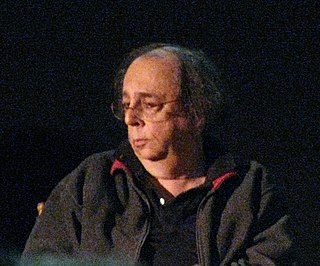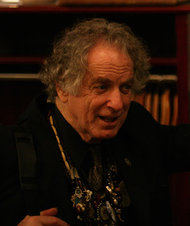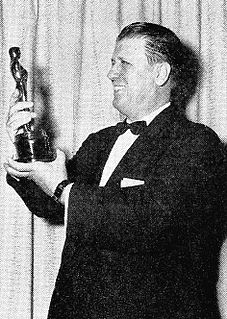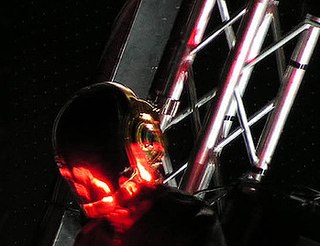A Quote by Bill Bruford
I have been steadily exchanging a rock audience who were nervous about what they had just bought for a jazz audience who not only were happy with their purchase, but are increasingly coming again.
Related Quotes
The average age of the Jazz audience is increasing rapidly. Rapidly enough to suggest that there is no replacement among young people. Young people aren't starting to listen to Jazz and carrying it along in their lives with them. Jazz is becoming more like Classical music in terms of its relationship to the audience. And just a Classical music is grappling with the problem of audience development, so is Jazz grappling with this problem. I believe, deeply that Jazz is still a very vital music that has much to say to ordinary people. But it has to be systematic about getting out the message.
To have a platform like So You Think You Can Dance, where you're reaching this audience that's been created over the 10 years that they've been on the air. People who didn't know anything about dance and aren't going to go to the theater are learning about it, even if it's ballroom and jazz, by just turning their television ono. They're building this audience that's advanced and educated enough to introduce them to ballet.
We played a show the other week at this festival and it was an audience that I'd never normally play in front of. That's one the greatest things about festivals: you don't always get your audience, you get people who just pop in out of curiosity. The reaction was amazing; there were people dancing, which we've never had, I guess because the message is pretty powerful and the performance is a lot more visceral than it has been previously. The audiences seem to be reacting to that really well and it's a wonderful thing, because at a performance you really bounce off your audience.
I have a lot of friends who were stand-ups, and they just stopped after a while, because they didn't like that battle, or they just couldn't do it. And then they would get on a sitcom and get visible and get back into it, because the audience was just way easier on them. But they lost those crucial years of learning to turn any audience into your audience.
We are a band that stylistically crosses a lot of barriers and generational gaps. The heavier portion of the band, the modern music elements, the visual part of the band appeal to a younger audience. For an older audience, we have chops and great songs that are reminiscent of the things that were great about rock and roll when they enjoyed it. We're the kind of band that can cross those lines.




































